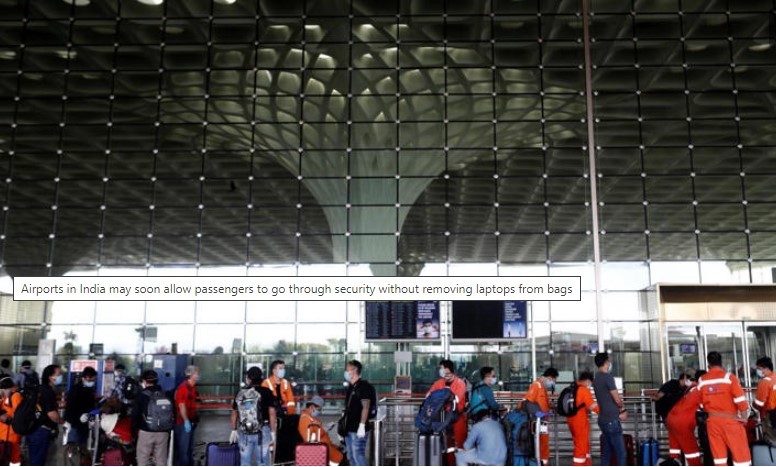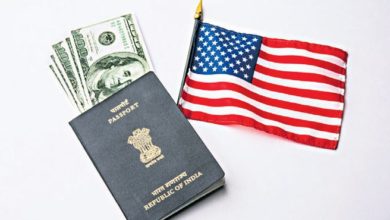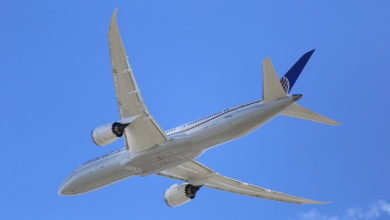Airports in India may soon allow passengers to go through security without removing laptops from bags
There’s a desperate call for modernising domestic and international airports, especially the ones in New Delhi and Mumbai that handle massive traffic daily. While the government is ramping up efforts to ease traffic at airports, which has increased substantially over the last few weeks owing to the holiday season and ease of travel restrictions, some old security practices still cause trouble for passengers as well as security personnel. However, the aviation security regulator, the Bureau of Civil Aviation Security (BCAS), is reportedly working on a fix to eliminate one of the biggest security pain points. Soon, passengers may not need to remove electronics such as laptops and power banks from their handbags during security checks.
According to The Hindu, BCAS will issue “technical norms within a month” to pave the way for airports to adopt modern equipment to screen bags without removing electronic devices. The publication learnt about the development from BCAS director general Zulfiquar Hasan. The report also quotes a senior Central Industrial Security Force (CISF) officer, who suggests that airports need to deploy modern dual x-ray, computer tomography, and neutron beam technologies to scan electronics in hand luggage during the security check.
The senior CISF officer adds, “Better technology will result in a faster throughput, and will allow airports to accommodate more flights per hour and will ultimately allow for growth in the aviation sector. This will also make up for the investment made in acquiring new equipment.” The officer also said that it is not correct to blame the security as they are under immense pressure because their job is a “zero error business.”
Many airports currently use x-ray machines that produce 2D images of scanned items that sometimes fail to offer a 360 degree-view. The report notes that newer technologies, such as computer tomography, can produce 3D images in higher resolution and have better automated detection of explosives. They also have a low rate of false alarms that eliminates the need to inspect a bag physically.
In the last few weeks, many airports in India have been witnessing massive traffic due to an ease in travel restrictions and the holiday season. According to data from the Ministry of Civil Aviation, Mumbai’s Chhatrapati Shivaji Maharaj International Airport (CSMIA) handled over 1.50 lakh passengers on a single day (December 10).
As a result, passengers have to wait for hours for check-in and security. Many airlines have also advised passengers to arrive three hours before departure and avoid carrying their main luggage if possible.
To ease traffic and passenger travel, the government has released a new service called Digi Yatra. The service uses facial recognition technology to save data and process passengers’ information at multiple checkpoints. Our team member also used the service to see whether it is effective and you can read about it here.








